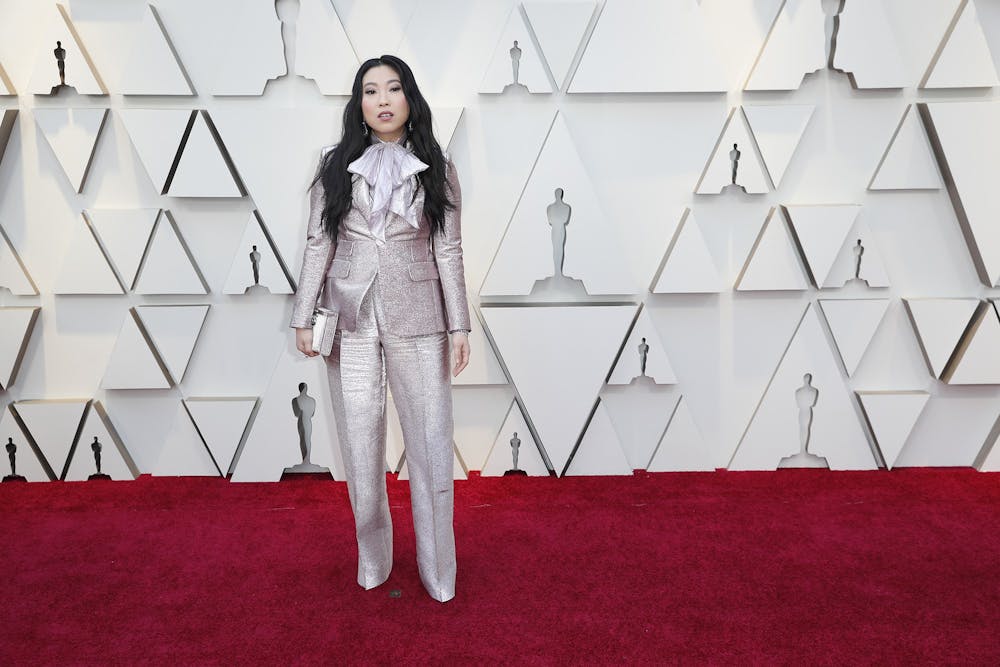I was excited to watch Taika Waititi's new show "Reservation Dogs," which is a show about young Native Americans hoping to escape from their reservation and go to California. After I watched a few episodes, I was sorely disappointed. Another new breakthrough of representation in television left me disappointed yet again.
The story works, the actors are convincing and it's a story not often shown on television. However, after seeing Blackness be the butt of the joke too many times, I had to turn it off. What bothered me was a series of stereotypes.
There was a Black character used as the comedic victim of a crime, characters making a mockery of gang culture with references to crips and bloods and making a character's deadbeat dad a caricature of stereotypical Blackness, adorned with gold chains with aspirations of being a rapper. Eventually, it left a bad taste in my mouth.
The trailers and press coverage stress that the show is revolutionary, ushering in long overdue representation of Native Americans to television. I agree such representation is needed. It's incredibly important for shows like this to exist, but does it need to be at the expense of Blackness?
The show reminded me of other similar instances in film and music.
I remember being excited in the lead up to the 2018 film "Crazy Rich Asians." It was clearly making a statement about the state of Asian representation in popular media. The film was important for the conversation it sparked. Nevertheless, I and many others were disappointed with the actor Awkwafina, whose real name is Nora Lum.
In the film, she plays a character who essentially makes a mockery of Black people, adopting what's been dubbed a "Blaccent." Lum also had success making viral rap videos, mimicking Blackness in those projects.
Recently, she's distanced herself from that act, choosing to focus on writing for her new show on Comedy Central, "Awkwafina is Nora from Queens."
Similarly, there was the case of rapper Lil Dicky who went viral for his humorous rap videos. These videos were full of the standard fare: fancy cars, lavish settings, loud music and women dancing. At the center of it was Lil Dicky, a white Jewish man who admittedly doesn't fit in with the rap scene, created by Black artists in New York City in the 1970s.
He’s said in interviews his rap career was meant to make a name for himself before moving to writing for film and television. He also said he wants to be someone who's a "normal dude when it comes to rap" in a separate interview — one can only assume "normal" to mean his upper middle-class white background since he couldn't relate to rappers like Nas, who lived a tough life around crime.
I think it's fair to say he saw that he could stand out as a white man in an overtly Black scene and used the opportunity for personal gain. Now, he has a show on Hulu.
There are plenty more examples. Think of Miley Cyrus, going through her phase of provocative performances and suddenly changing her entire style to emulate Blackness.
However, seeing the same situation come from a fellow marginalized person, instead of a white person, makes the conversation different.
When everyone else is celebrating to see an all-Asian cast in a film, a Jewish man leading a television show or young Native Americans star in a new series, I'm left to wonder if such achievements are worth using Blackness as a stepping stone.
Representation of these groups matter, and we should celebrate progress. If it's at the expense of my culture and people, I can't say I'll be cheering as loud as everyone else.






